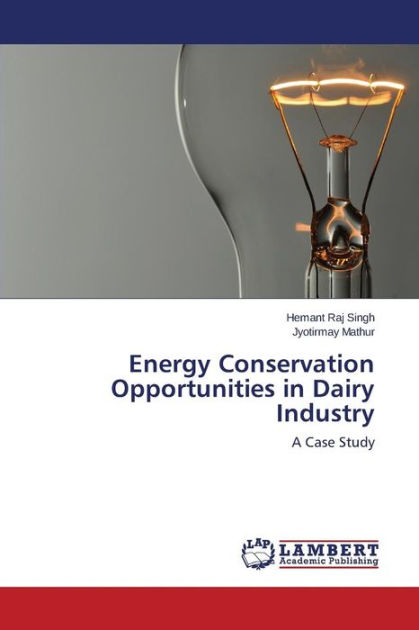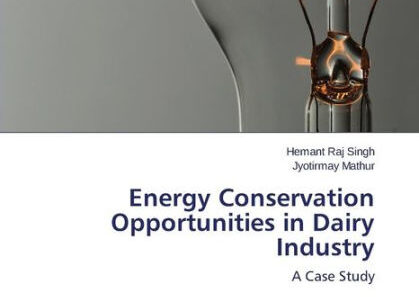Energy conservation is often overshadowed by the larger narrative surrounding climate change, yet it plays a pivotal role in addressing environmental challenges. The conscious decision to reduce energy consumption is not merely an economical measure; it is a profound statement of our values and priorities as a society. The significance of energy conservation extends beyond simple resource management, unfolding into a multifaceted strategy that promises to mitigate various environmental concerns while fostering a sustainable future.
Firstly, understanding the intricate relationship between energy use and environmental degradation is essential. The generation of energy, particularly from fossil fuels, is one of the leading culprits in carbon emissions. The combustion of coal, oil, and natural gas releases a cacophony of greenhouse gases, contributing to global warming and climate destabilization. Thus, by fostering a culture of energy conservation, we simultaneously combat the overarching threat of climate change. Small, actionable changes, such as utilizing energy-efficient appliances or implementing smart home technologies, can collectively yield significant reductions in energy consumption, leading to a marked decrease in emissions.
Energy conservation also intersects with the preservation of natural habitats. The extraction and exploitation of energy resources increasingly encroach upon vital ecosystems, resulting in habitat destruction, biodiversity loss, and soil degradation. For instance, deforestation for coal mining or drilling operations to extract oil can obliterate ecosystems that house countless species. By reducing our demand for energy, we can alleviate some of the pressure exerted on these fragile environments. This shift not only protects wildlife but also preserves the myriad benefits that these ecosystems provide, such as clean air, water, and natural resources.
Moreover, energy conservation promotes the sustainable use of resources. The finite nature of fossil fuels underscores the urgency of transitioning towards renewable energy sources. However, harnessing renewables is not an instantaneous solution; it requires a substantial amount of resources, including metals and minerals. By conserving energy, we can extend the lifespan of existing resources, allowing for a more gradual and thoughtful transition. This perspective invites us to rethink our consumption patterns and invest in sustainable practices that reward efficiency over excess.
Transitioning towards energy conservation also engenders economic benefits that cannot be overlooked. Reducing energy expenditure allows individuals and industries to allocate resources more judiciously. For households, this may manifest as lower utility bills, providing families with increased disposable income. For businesses, energy efficiency translates into operational savings, thereby bolstering competitiveness in the marketplace. A reorientation towards energy conservation invariably becomes an investment in economic resilience amidst an unpredictable global climate.
Furthermore, the embrace of energy conservation aligns with social responsibility. Being mindful of consumption entails recognizing our interconnectedness with the planet and its inhabitants. It inspires citizens to adopt habits that not only benefit themselves but also foster community awareness and action. Education plays a critical role here; enlightening individuals about their energy consumption fosters a sense of accountability. Community initiatives centered around energy conservation can galvanize local support networks, further ingraining sustainable practices in daily life.
This shift in perspective is not merely about inhibiting energy use; it is a call to reevaluate our relationship with energy. The approach to energy conservation should encompass innovative techniques that not only minimize consumption but also maximize efficiency. Concepts like passive solar design, a meticulous insulation framework, and energy-efficient urban planning are just a few examples. As society evolves, so too should our strategies for conserving energy, incorporating technology and creativity into the equation.
Moreover, embracing energy conservation paves the way for technological advancements. Innovations in energy storage, smart grid technology, and sustainable transportation are rapidly reshaping the energy landscape. The curiosity piqued by the potential of such technologies can spur research and investment in cleaner alternatives, catalyzing a ripple effect throughout industry and academia. These innovations can transform how we produce and consume energy, further reinforcing a culture of sustainability.
The illusion of convenience often leads to excessive energy consumption, perpetuated by a voracious cycle of production and waste. It is imperative to deconstruct the notion that energy is an infinite resource. Raising awareness around the environmental and economic implications of energy waste cultivates a more conscientious society. A deeper understanding of the interconnectedness between energy consumption and environmental stability can shift mindsets toward more sustainable living practices, steering us away from consumerism and towards mindful resource stewardship.
In conclusion, the imperative of energy conservation transcends mere environmental protection; it represents a holistic approach to coping with the myriad interrelated challenges facing our planet. By embracing energy-saving practices, we are not only decreasing harmful emissions, conserving precious resources, and protecting ecosystems, but we also unlock socio-economic benefits that enhance community resilience. A pledge toward energy conservation signifies a commitment to fostering a sustainable future where human innovation and ecological integrity coexist harmoniously. The time for action is now, and the collective potential we possess in conserving energy can undoubtedly serve as a beacon of hope in the face of looming environmental challenges.








